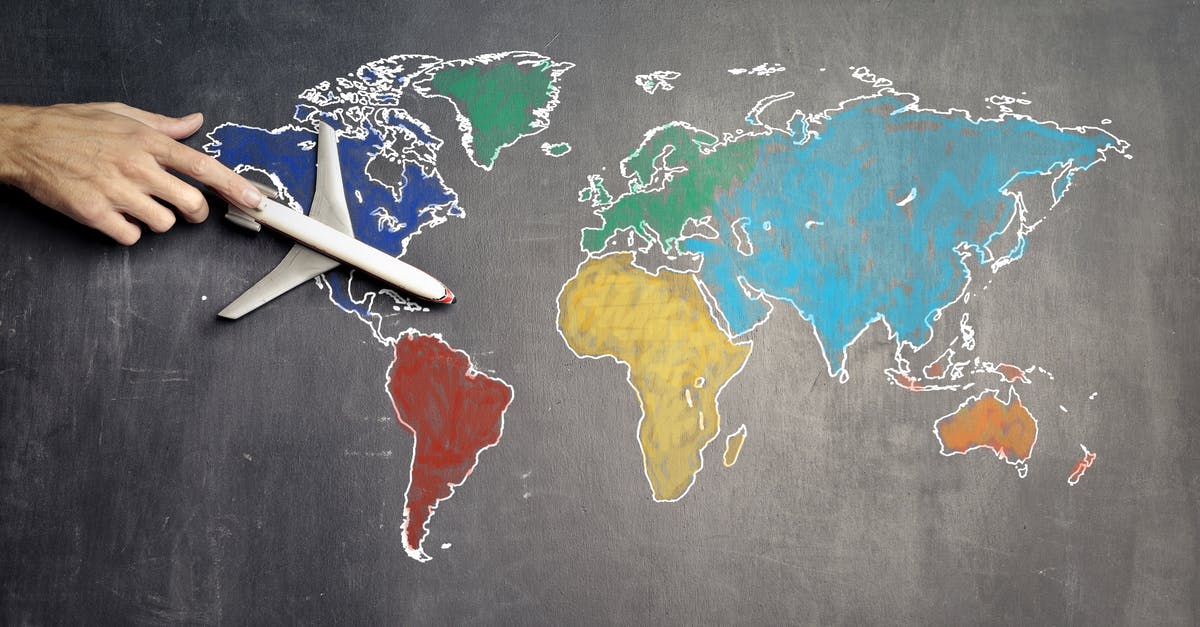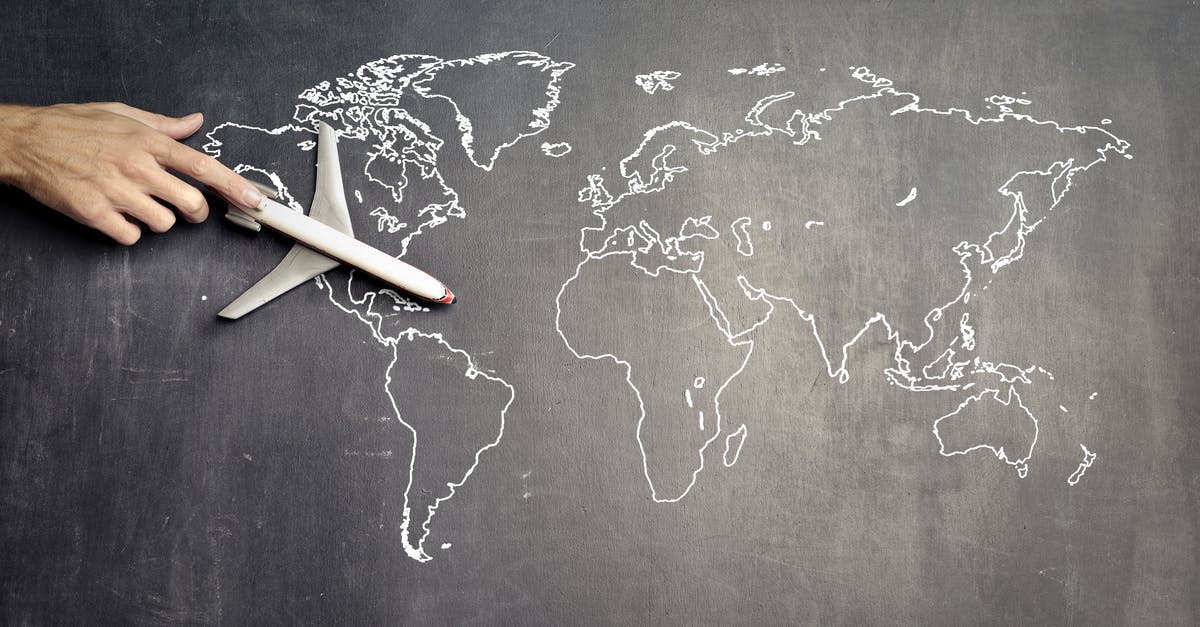International travel with parrots

We (two people) live in the US and we have two cockatiels. We will eventually move to a different country (air travel). This question is about how to execute the move in a way that is safe for the birds. There are two main parts, 1. safety/practical 2. legal/customs.
What is the safest way to travel by air with parrots? I am not comfortable letting them travel in the cargo hold. Unlike dogs and cats, parrots can freak out very easily, can start flapping and fatally injure themselves in the cage. They are also more sensitive to quick temperature changes.
Some airlines allow taking small pets in the cabin, with conditions (usually one per person--we're two people--and the pet carrier has to fit under the seat). Which airlines flying from the US allow this, and what are the typical conditions? What can we do to ensure that this option will be available (I assume advance planning and booking will be necessary).
Are there other safe options than trying to take the birds in the cabin (when the destination country allows this)?
What are the requirements to allow exporting cockatiels (not CITES-listed) from the US? What is required for the export and what is recommended to ensure that it will be possible to return or travel to a third country in the future? (Example of what tips I'm looking for: I got the person we acquired the bird from to write a signed letter with details about the bird and the transaction; I wouldn't be able to contact them after leaving the country, so even if this is not strictly required for leaving the US, it may be necessary to have it in the future.)
What are the recommended steps before the move to make everything as smooth as possible (e.g. avoid a quarantine on arrival when possible)?
The birds are of 90 g in weight, which means that microchipping is likely not safe/possible.
I'd be grateful for advice on preparing for this move, especially for advice based on first-hand experience (I've already done a fair bit of online research: some of the info is unreliable/contradictory or implicitly assumes dogs/cat when listing requirements that would be unreasonable for small birds).
Destination country is not clear yet, but my job does not offer much geographical stability, so the move will be necessary. This question focuses on things that do not depend on the destination country. I expect this not to be easy and I need to plan well in advance.
Useful links:
Which airlines allow in-cabin pets on transatlantic flights?
First hand experience moving USA -> Sweden with a parrot. This article discusses the necessary paperwork, but it's for CITES-listed species (most parrots) while cockatiels are not CITES-listed (the paperwork will be different).
Best Answer
If you haven't seen this page yet, check this one out. There seem to be few requirements to exporting cockatiels from the US, because as you said, they aren't CITES-listed.
At a minimum, you'll have to get a veterinary health report usually within 30 days of travel and you'll need this report if you want to bring the birds back into the US. There are also restrictions depending on which country or countries the birds have been in. Right now, most of Asia and part of Africa are on further restrictions due to certain diseases.
You might want to put leg bands on the birds, if not already done, and have that information included in the vet's report or elsewhere. Much easier to prove they're the same birds and may help to recover them if they ever escape.
Also confirm with airlines if there is a restriction on the number of animals traveling on a plane. United limits it to 4 pets in economy, 1 in the other classes and no pets to Australia, Hawaii, or Guam.
Beyond that, this feels like a shopping list question. I certainly can't give more information without knowing what the destination country is. Their requirements will drive what's needed before you leave the US.
Pictures about "International travel with parrots"



Can you take a bird on an international flight?
Birds are not allowed to travel in the cabin on international flights. Let your birds get used to its travel carrier before the trip. Also, include its favorite toys and treats for the trip. Anything that is familiar to the bird will make its trip less stressful.Can you travel with parrots?
Your parrot can fly in the cabin with you if the animal holder/cage fits the airline's restrictions. If your bird is too big to fit in under the seat in front of you, your pet can travel in the cargo section of the plane. Yes. Pet birds are permitted to fly as added baggage or cargo for larger animals.How much does it cost to fly a parrot?
Information by AirlineAll prices are for one-way trips in US dollars.Hawaiian Airlines$60 - $225Yes, in baggage holdJetBlue$100NoSouthwest Airlines$95NoUnited Airlines$125Yes, in cabin or as air cargo7 more rows•Nov 26, 2019How to Travel on Airlines With Parrots
More answers regarding international travel with parrots
Answer 2
I would ask your vet, or a good vet that specializes in birds. I think that would give you the best options for travelling. For instance, when we travelled with our cats (Denmark to US) our vet recommended the cargo hold, and no drugs. In her option drugs would stress their systems as much as the travel, and the lower temp in the cargo hold would make them drowsy. In addition, this would allow for a larger crate, they would be crammed in one that fit under the seat. I would not have thought of that myself, even though we have had cats for many years.
I am not sure I fully understand the issue, but beyond looking at relevant government agencies in the US/destination country, I don't have good advice. If you have found something specific to cats/dogs on a government website, I would contact that agency and ask where to find information on pet birds.
Lastly, I know there are companies that handle international pet transport, and I am sure they also know about how to handle paperwork. You may look into that as a different option.
Answer 3
even if you're allowed to take them out of the US (don't see why not unless they're listed as endangered in which case even having them as pets might be illegal) you may want to check whether you're allowed to import them to Sweden... Some countries have severe restrictions on importing life animals.
If that's all settled (and all the paperwork properly arranged, better safe than sorry) your best bet is likely a specialised transport company that deals in the international shipment of exotic animals (and they'll likely be able to handle the paperwork as well, for a fee).
You do NOT want to end up at customs with 2 dead parrots in your bag. Not only would your precious pets are dead but you're liable to be arrested on animal cruelty and attempted smuggling charges (and who knows, a charge for attempting to import unlicensed animal parts may well be thrown in for good measure).
Sources: Stack Exchange - This article follows the attribution requirements of Stack Exchange and is licensed under CC BY-SA 3.0.
Images: Andrea Piacquadio, Andrea Piacquadio, Andrea Piacquadio, Monstera
